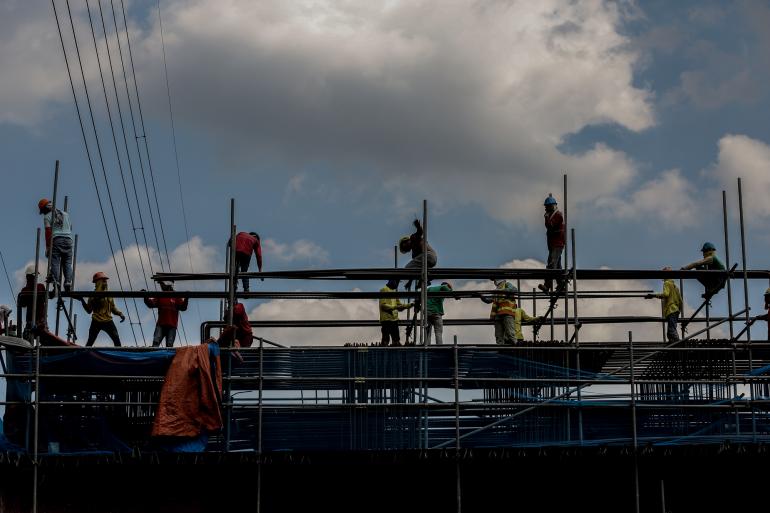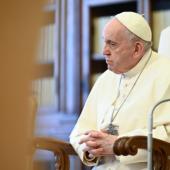World Day for Safety and Health at Work

By Father Saw Hubert
From rural areas to the industrial centers in the cities, workers meet accidents daily, some resulting in serious injuries and even fatalities.
In 2003, the International Labour Organization (ILO) began observing World Day to stress the prevention of accidents and diseases at work.
The celebration is an integral part of the Global Strategy on Occupational Safety and Health of the ILO, as documented in the Conclusions of the International Labour Conference in June 2003.
The World Day for Safety and Health at Work is a significant tool to raise awareness of how to make work safe and healthy and of the need to raise the political profile of occupational safety and health.
April 28 is also the International Commemoration Day for Dead and Injured Workers organized worldwide by the trade union movement since 1996.
A national occupational safety and health culture should offer an ideal working environment where governments, employers, and workers actively ensure a system of defined rights, responsibilities, and duties that prioritize the principle of prevention.
Each of us is responsible for stopping deaths and injuries on the job.
Governments are responsible to provide the infrastructure — laws and services — necessary to ensure that workers will always be available for work, and all the work will flourish in the system of compliance with occupational safety and health policies.
Employers should be responsible for ensuring that the working environment is safe and healthy while workers are supposed to be responsible for working safely and protecting themselves and not to endanger others.
Workers should also know their rights and participate in the implementation of preventive measures to ensure a safe and healthy environment.
New and emerging occupational risks may be caused by technical innovation or by social or organizational change, such as:
- New technologies and production processes, e.g. nanotechnology, biotechnology
- New working conditions, e.g. higher workloads, work intensification from downsizing, poor conditions associated with migration for work, jobs in the informal economy
- Emerging forms of employment, e.g. self-employment, outsourcing, temporary contracts
They may be more widely recognized through better scientific understanding, e.g. the effects of ergonomic risks on musculoskeletal disorders.
They may be influenced by changes in perceptions about the importance of certain risk factors, e.g. the effects of psychosocial factors on work-related stress.
This year, recognizing the great challenge that governments, employers, workers and whole societies are facing worldwide to combat the COVID-19 pandemic, the World Day for Safety and Health at Work will focus on addressing the outbreak of infectious diseases at work.
Concern is growing over the continuing rise in COVID-19 infections in some parts of the world and the ability to sustain declining rates in others.
Governments, employers, workers and their organizations face enormous challenges as they try to combat the COVID-19 pandemic and protect safety and health at work.
Beyond the immediate crisis, there are also concerns about resuming activity in a manner that sustains progress made in suppressing transmission.
Everyone should be aware of safety and health at work.
We should bring this knowledge to all, especially those in rural areas, many of whom lack sufficient knowledge in safeguarding themselves and their work-places.
Radio Veritas Asia (RVA), a media platform of the Catholic Church, aims to share Christ. RVA started in 1969 as a continental Catholic radio station to serve Asian countries in their respective local language, thus earning the tag “the Voice of Asian Christianity.” Responding to the emerging context, RVA embraced media platforms to connect with the global Asian audience via its 21 language websites and various social media platforms.













